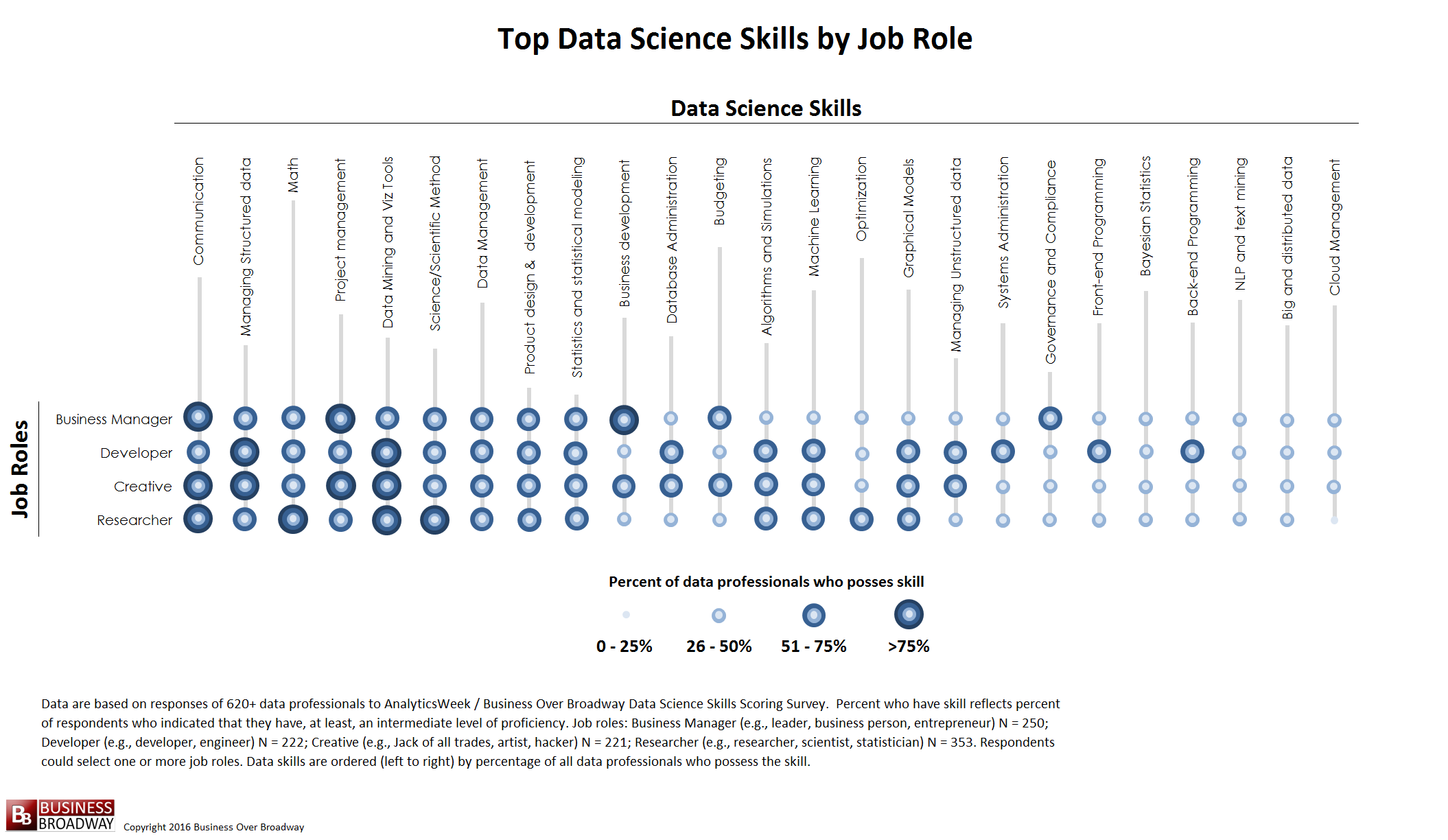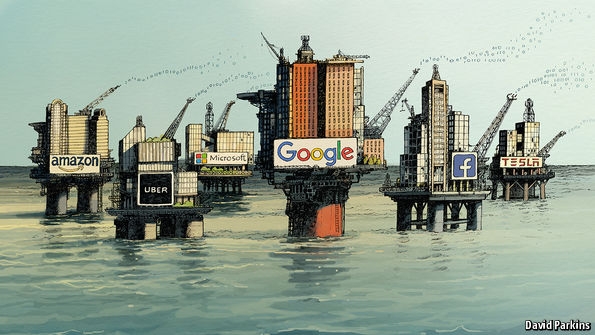I have just finished grading assessments for Semester II (phew!) and am generally very pleased with results. Unfortunately for some students - repeat exams may need to be taken in order to pass subjects. As a student myself who had to repeat exams in both 1st and 2nd year in Trinity, I have a lot of sympathy for students who have to study through the summer and sit repeat exams. There is the stigma of failure to overcome, not to mention thinking about all the other things a student should be doing during the summer. I know of students who had to give up J1 opportunities in America, or come home early to sit repeat exams. This doesn't influence me in the slightest when grading - a fail is a fail, and I always remember advice an old colleague gave to me when I first became a Lecturer: "you don't fail the students in exams, they fail themselves". Sometimes tough love is necessary.
 |
| Image source: The Graveyard Waltz. |
Writng in the Irish Independent (Sunday 21st May edition), Mark O'Regan tells us that "Students count cost of failed exams as colleges make millions from resit fees". He uses the example from UCD which "earned €1.8m in a single academic year from charging students looking to repeat exams" - UCD charges €230 to repeat a module. O'Regan contrasts this with students who are facing "unprecedented financial pressures", and with staff who "enjoy lucrative pension and service related pay-offs". All this paints us in the third-level sector as money grabbing leeches who prey on cash-starved students who failed their exams. You'd swear we were awarding fail grades just to get an extra few bob in repeat fees!
Not so.
To those students whose results do not match their expectations, and have failed one or more modules - there's no more stigma in failure. Repeat exams are a second opportunity that should be grasped with both hands to get through a year. For students like me back in the 70s, this was how I got though my first two years in College. I owe a lot to the second chance I got through repeat exams - the fee is worth it. The alternative is to drop out of College, which could end up being the best thing that ever happened to a student, but picking yourself up when you are down and trying again is a sign of character.
Please note: Opinions and comment expressed in this post (and all posts in this blog) are mine alone and do not in any way represent those of anyone else or any institution.








